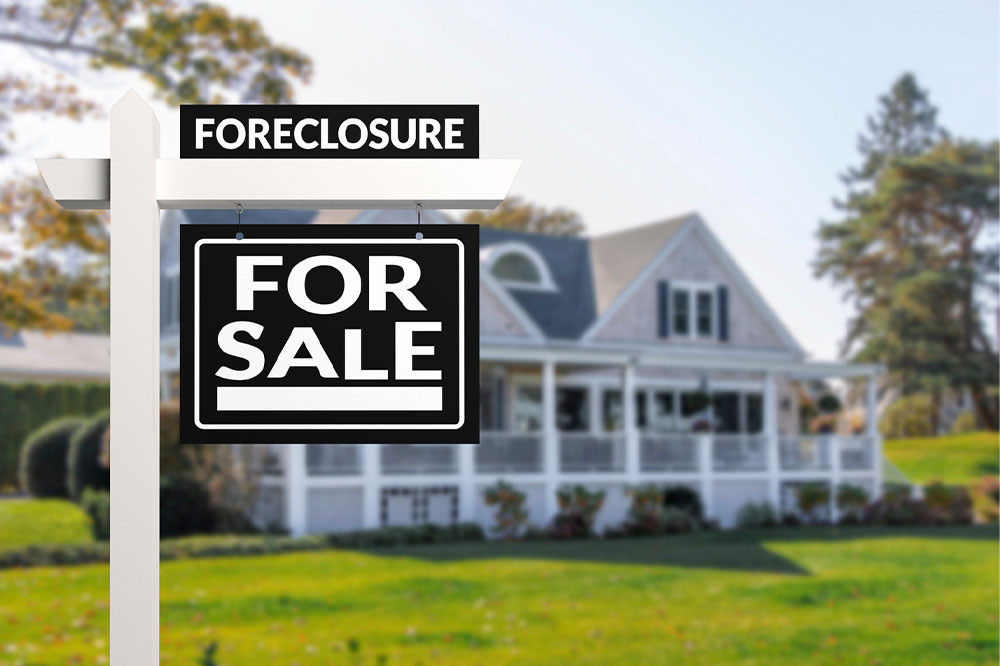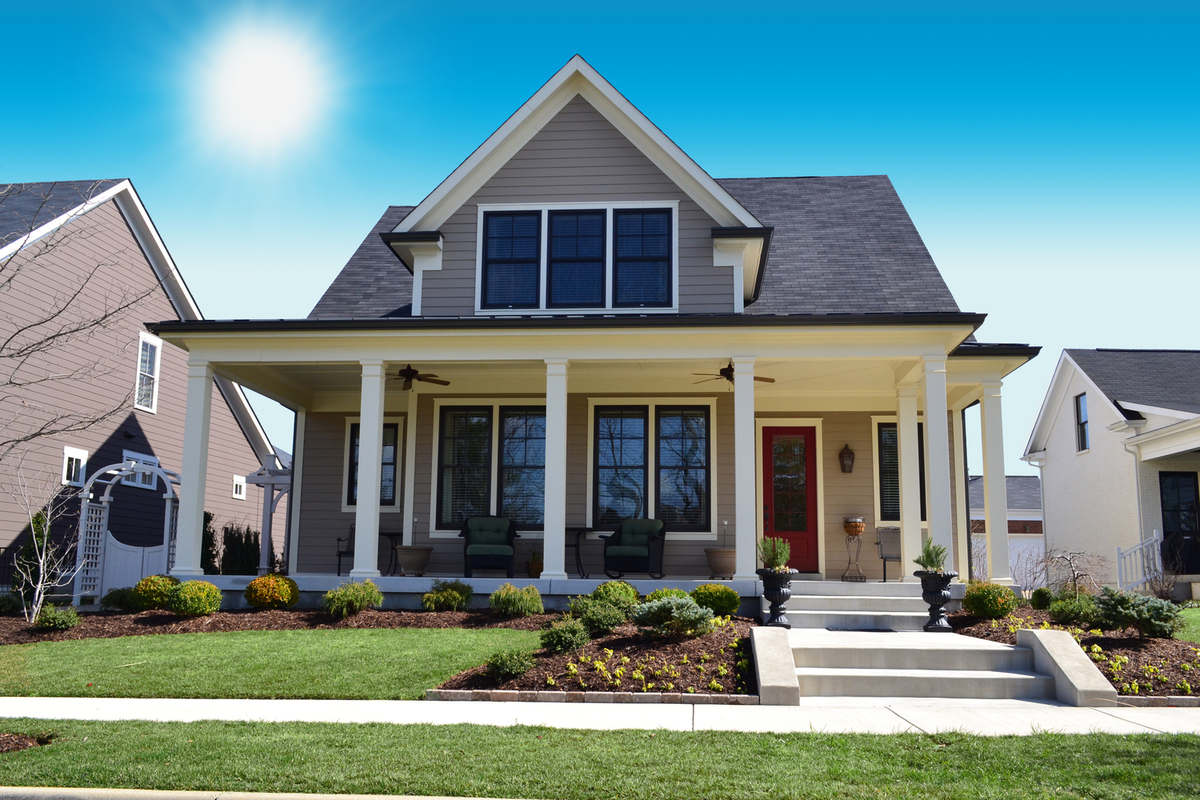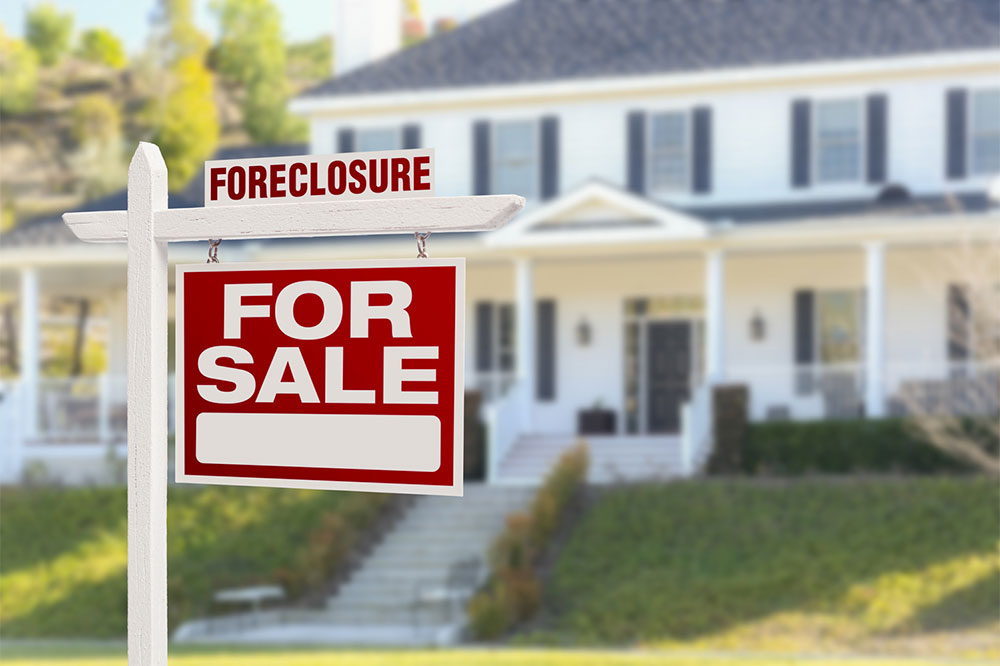Advantages and Disadvantages of Purchasing Bank-Owned Properties
Explore the key advantages and potential challenges of investing in bank-owned properties. This guide highlights the benefits of lower prices, equity building, and less competition, alongside risks such as prolonged closing times and potential hidden damages. Professional advice can help navigate the process for successful investment outcomes.
Sponsored

Understanding the Pros and Cons of Buying Bank-Owned Properties
A bank-owned property, also known as a foreclosure, is a home repossessed by the lender after the homeowner fails to make mortgage payments. This process allows banks to recover their funds by selling the property. For investors and homebuyers, choosing foreclosed homes can be profitable if they thoroughly evaluate the advantages and possible challenges involved.
Benefits of Acquiring Foreclosed Homes
Lower Purchase Price
Foreclosed properties are typically offered below market value, often because banks want to recover their investment quickly. Sellers may accept lower offers, giving buyers the chance to negotiate a better deal and pay less than for comparable homes.Build Equity During Ownership
Buying foreclosed homes at below-market prices can allow owners to build equity as neighborhood property values increase over time, especially if the area develops further. This positions you favorably for future resale profits.Access to Larger or Better Homes
Occasionally, repossessed homes are in pristine conditions or offer more space than originally affordable options. This makes foreclosed properties an attractive opportunity to upgrade housing without overspending.Clear Title Advantages
Foreclosure sales often involve properties with clean titles since banks typically settle any existing liens or back taxes before sale, providing buyers with a hassle-free ownership process.Less Competition
Fewer investors pursue foreclosed homes due to longer purchase processes and complexities. This results in less bidding competition, making it easier for serious buyers to secure a property, sometimes even through straightforward cash transactions.Potential Challenges of Buying Foreclosed Homes
While purchasing foreclosed properties can be advantageous, it involves certain risks and hurdles that must be considered.
Extended Closing Times
Closing on foreclosure homes can take several months, depending on the reason for the foreclosure. Urgent buyers may find this process unsuitable for their timeline.Hidden Damage or Problems
Some foreclosed homes might have been poorly maintained or vandalized, requiring significant repairs. Buyers should investigate thoroughly before proceeding to avoid unexpected expenses.Risks of Squatters
Unsold foreclosure properties left vacant for long periods may attract squatters. Buyers must legally evict anyone residing in the property, as squatters hold no ownership rights.In today's fast-moving real estate market, purchasing foreclosed homes can be a strategic move. Getting professional guidance can help mitigate risks and streamline the process. Despite some challenges, owning a foreclosed property can be a cost-effective, rewarding investment, offering potential for personal use or financial growth.






